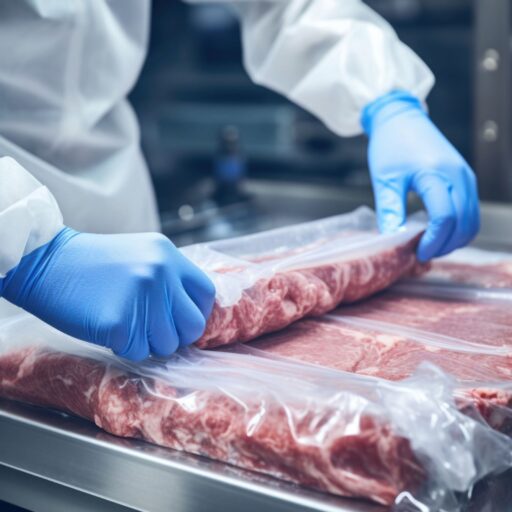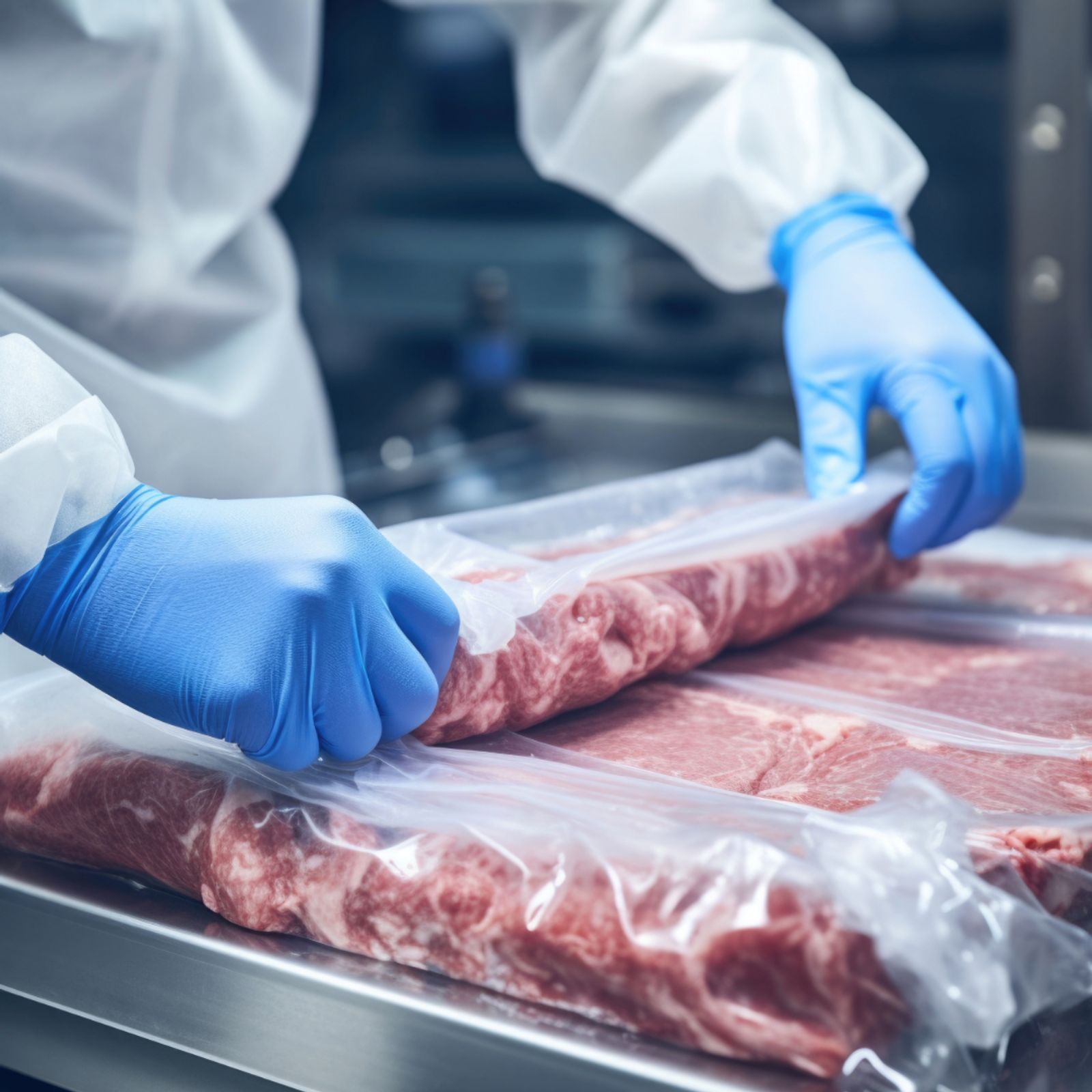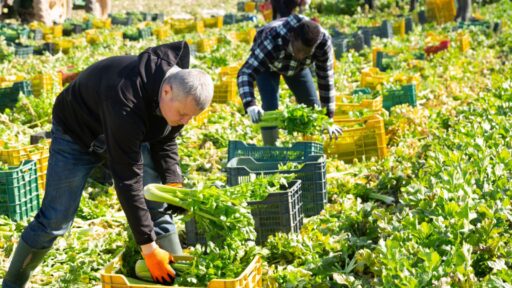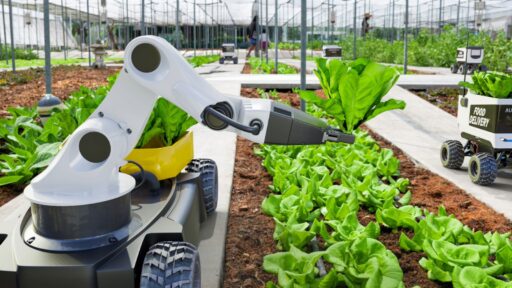Discover 5 CRM Automations for Food Processing That Save Time Every Week
1. Automatic Alert Before Contract Expiration
In food processing, framework contracts with distributors typically renew annually. The CRM can automatically send an alert to the sales team two months before the expiration date. This reminder includes current contract details (volumes, prices, logistical conditions) and suggests a template for renewal offers. With this automation, no contract is forgotten, and negotiations start early enough to avoid supply disruptions and secure the customer relationship.
2. Post-Delivery Follow-Up Email
After delivering a significant order (such as a batch of fresh products for a purchasing center), the CRM triggers a satisfaction email three days later. This email requests feedback on product quality and delivery timeliness. It also provides a link to a short feedback form and offers the option to schedule a follow-up meeting if issues are reported. This proactive approach builds trust, captures dissatisfaction early, and opens the door to upselling opportunities.
3. Integration of Trade Show Forms into the CRM
At food industry trade shows, sales reps collect numerous contacts via tablet-based forms. By automatically integrating these forms into the CRM, each new contact is immediately logged with their details, industry sector, and product interests. The lead is assigned to a salesperson based on predefined rules (geographic region, company size). A welcome email is then sent to confirm contact and propose a meeting. This integration eliminates manual data entry, reduces errors, and ensures quick follow-up of prospects.
4. Automated Tracking of Sent Samples
Sending product samples is common in food processing to validate recipes or test quality. Three days after shipping, the CRM automatically sends a follow-up email to the prospect to collect feedback or schedule a sensory analysis appointment. The email reminds the recipient of the sample’s specifications and includes a link to confirm receipt. If no response is received within three additional days, a second follow-up is scheduled. This tracking ensures that each sample is reviewed, reducing manual follow-up and speeding up product validation.
5. Automatic Client Status Change
To encourage loyalty, the CRM monitors order history: after a client places three orders within 90 days, their status automatically changes to “loyal customer.” This update triggers a thank-you email and activates promotional offers reserved for loyal clients (volume discounts, preferred shipping terms). The client is also added to a targeted marketing campaign featuring early product releases. This systematic recognition rewards regular customers, boosts repeat orders, and strengthens the commercial relationship.
Useful Integrations for Food Processing Companies
Google Calendar: syncs CRM with scheduled sales appointments and reminders for better organization.
ERP: connects to automatically sync order, delivery, and inventory data, ensuring consistency between production and sales.
Zapier: easily links CRM with email tools (Mailchimp, Brevo) or web forms (Typeform, Google Forms) to automate data entry and campaigns.
Conclusion
Automation through a CRM saves valuable time in the food processing industry, improves customer tracking, and ensures responsiveness to requests. It prevents oversights, enhances service quality, and boosts customer satisfaction. In 2025, an automated CRM proves to be an essential modernization tool for staying competitive in a constantly evolving market.












